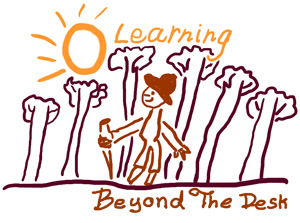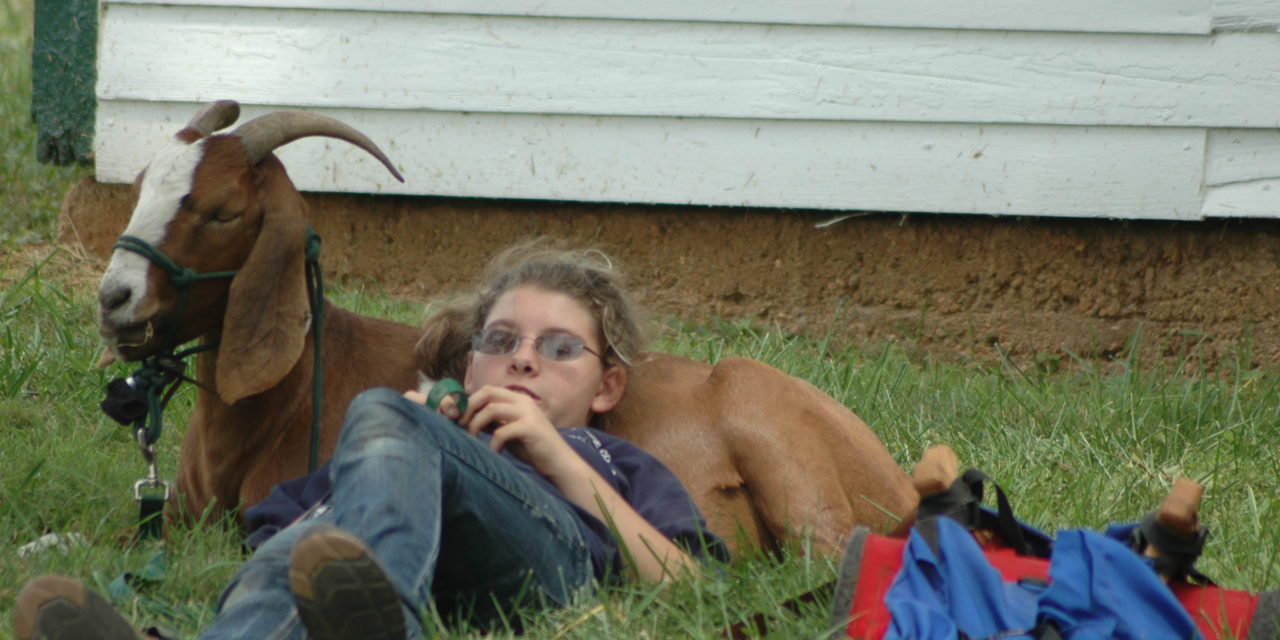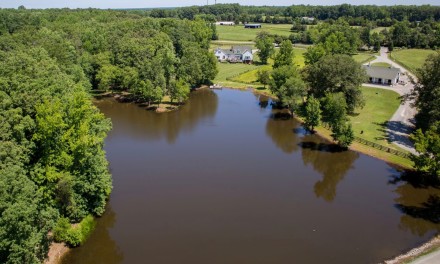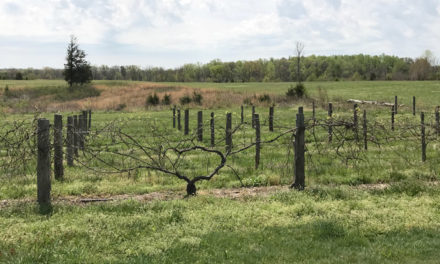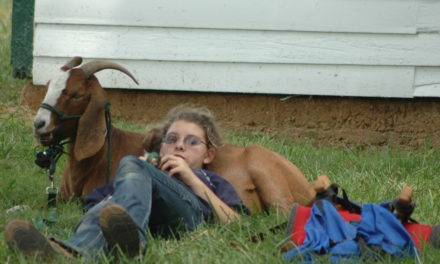[dropcap style=”font-size: 60px; color: #d1242c;”]F[/dropcap]or many years, I have harbored the desire to start a school and a passion to help kids find direction. I began working towards a Masters in Education and as I took education classes that focused on the rising difficulties of classroom management and remedial education, I realized more and more the call for an education reform. There is a very real need for positive alternatives to meet the learning requirements of those children that do not fit into this mold we call public education.
Meanwhile, there is an ever growing population of children who are not making it to high school graduation. Disillusioned, angry, and disgusted with the prison they consider school to be, they drop out. Some actually graduate, but with a severely bruised self-esteem and a history of “poor performance,” they have little chance for success. Instead of life-long learners, we are producing life-long strugglers. These are bright children. Bored children. Children who have been labeled as deficient somehow – unable and unwilling to keep up with the system. Many have been called ADD, ADHD, high functioning autism, and more. They have been punished, presented with IEPs and other governmental aids to “help” them graduate. A great number of them have been drugged so they can sit at a desk and at least pretend to absorb some of what the teacher is saying and in the words of so many parents “can make it through school.”

The Mountain School is a very successful, similar type of program in Vermont. We hope to interview them soon!
There is a better way. Over the years, as I’ve studied and applied my own experiences teaching classes, workshops, summer camps, and leading groups on outdoor adventures, I have noticed that these same children are happy, eager to participate, learn and stay engaged. Parents usually express surprise that there otherwise troublesome child is behaving so well.
It is not a coincidence. These are not broken children with disabilities or diseases. These are active children, an “affliction” that seems to be more common in boys. When they talk about learning styles and differentiated classrooms, they are not including the active learners –the one’s whose butts and feet must be constantly moving– and those children make up a significant portion of the school population. Many of these children thrive on doing things with their hands. They are mechanical. The builders. The engineers. The mechanics and welders. They are the dreamers. And, the musicians.
Yet, we live in a time where skills or vocational training have been removed from the schools. Most music programs (other than band) have been caboshed. There are still some arts clinging in there, but most of the real hands-on, get dirty and express your feelings type of classes are gone. Along with that, recess has been shortened in lower schools and even completely removed from the high school setting. The active children have no outlet, no way to burn off that energy that is building inside them as they attempt to force themselves to sit unnaturally at a desk for so many fruitless hours, five days a week.
But those would not be fruitless hours spent in the farm school, both literally and figuratively. The farm is an invaluable resource that we can employ as the base for a different kind of learning experience – a hands-on school where teenagers can flourish and open their minds and hearts to learning again. Using the farm, we can offer our young apprentices skills training in mechanics, welding, and carpentry. We can teach them to grow things, to care for animals, to eat healthy and to appreciate their accomplishments. And, we can engage them in a more relaxed, no-desk or worksheet, self-directed style of learning.
These are the goals for our farm school. Follow us as we take the steps necessary to bring this to fruition. We will be blogging about the process here and on our Embody Learning website which focuses on directed-learning and homeschooling. Interviews and podcasts about this journey will also be available there.
